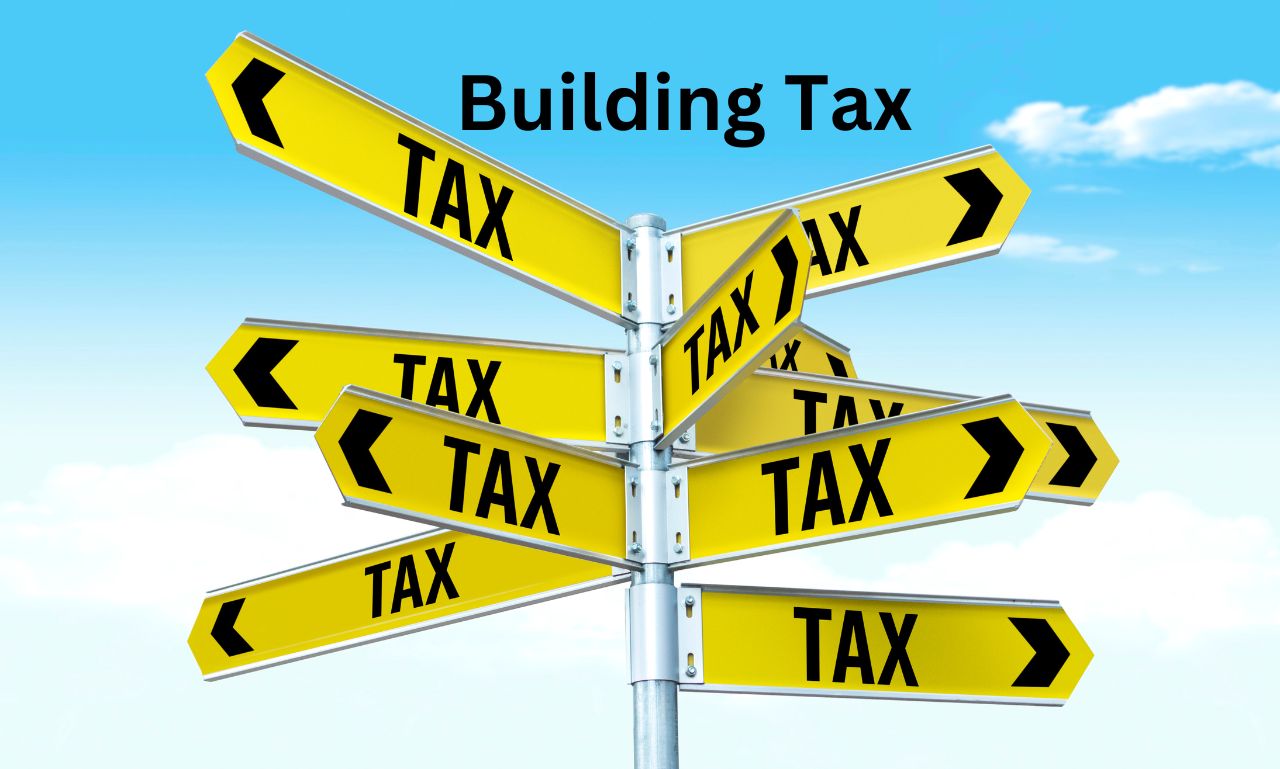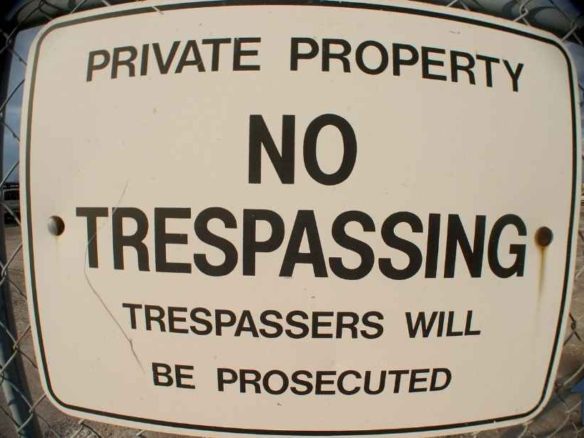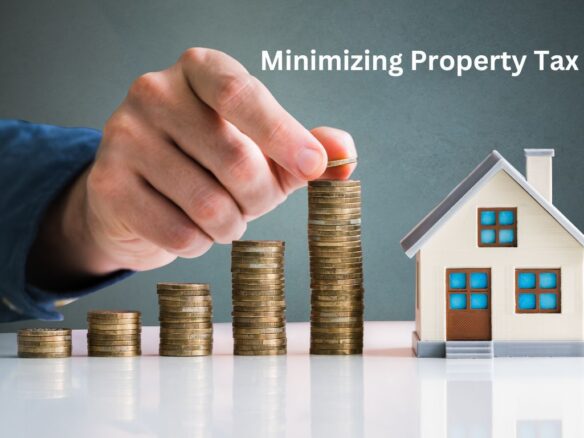Building tax is a tax levied by the government on the construction, alteration, repair, or demolition of buildings and structures. The purpose of building tax is to provide revenue for the government and to regulate the construction industry. The tax is usually based on the cost of the construction project and is paid by the owner of the property or the builder.
Building tax laws and regulations vary from country to country, and even from state to state. In some jurisdictions, building tax is calculated as a percentage of the construction cost, while in others it is based on the size of the building or the land it is built on. It is important to understand the specific laws and regulations in your area and to budget for building tax when planning a construction project.
Failure to pay building tax can result in serious consequences. The government may impose fines or penalties, and in some cases, they may even halt construction until the tax is paid. Additionally, a failure to pay building tax can result in a lien on the property, which can make it difficult to sell or refinance the property in the future.
To avoid these consequences, it is important to plan for building tax when budgeting for a construction project. This can help ensure that the tax is paid on time and that the construction project remains on track. If you are unsure about the building tax laws and regulations in your area, it is best to consult with a tax professional or a lawyer who specializes in construction law.
For those looking to invest in real estate, building tax can be a factor in the overall cost of a construction project. In some cases, building tax can add a significant amount to the cost of a project, making it more expensive than expected. It is important to research the building tax laws and regulations in the area where you are planning to invest and to factor this into your investment decision.
In conclusion, building tax is an important aspect of construction and real estate investment. Understanding the laws and regulations in your area and budgeting for building tax can help ensure a successful construction project and avoid costly mistakes. If you have any questions about building tax, it is best to consult with a tax professional or a lawyer who specializes in construction law.






Join The Discussion